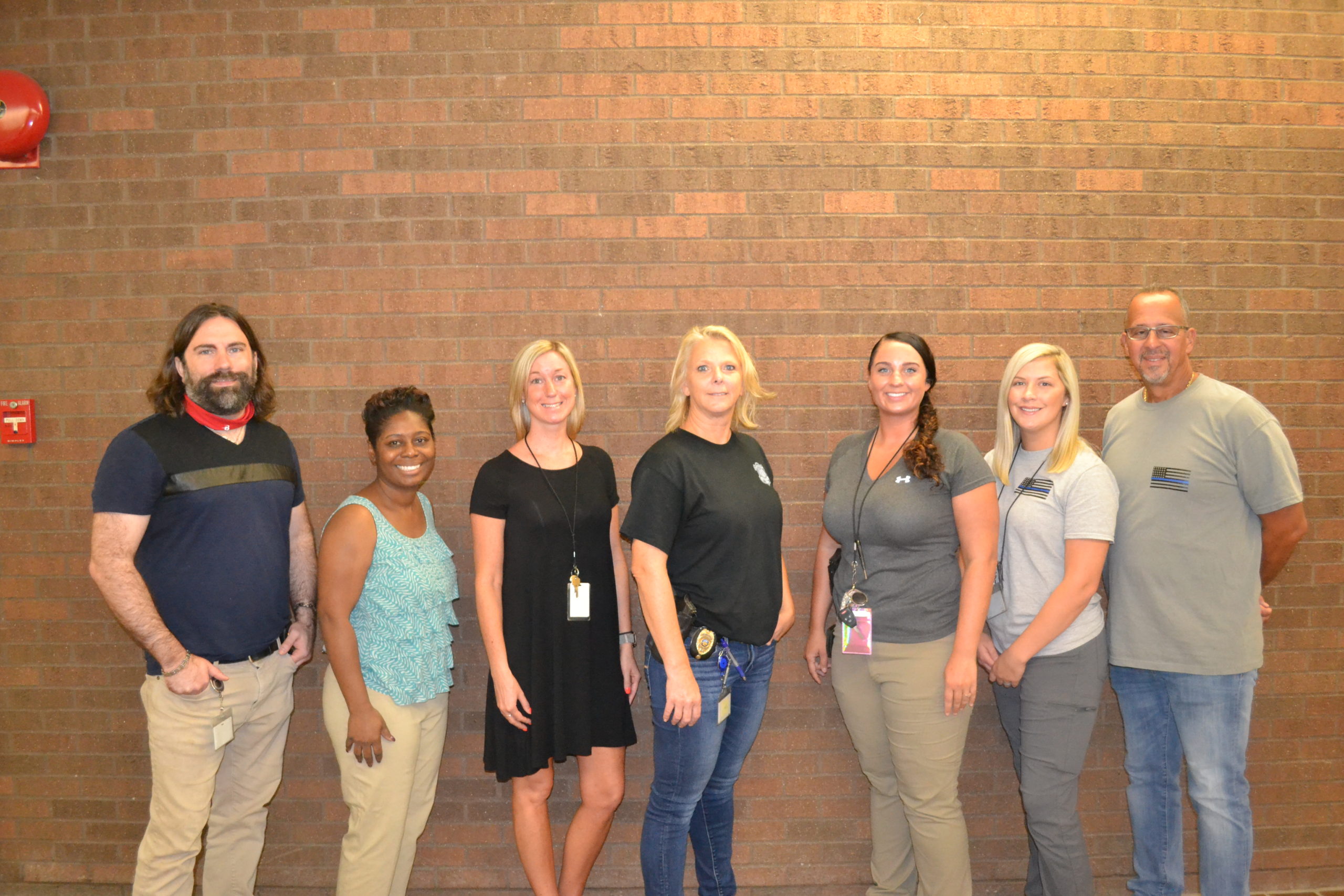Below you will learn about the different courts and hear from some of the judges and probation officers that help impact the lives of many through these important programs.
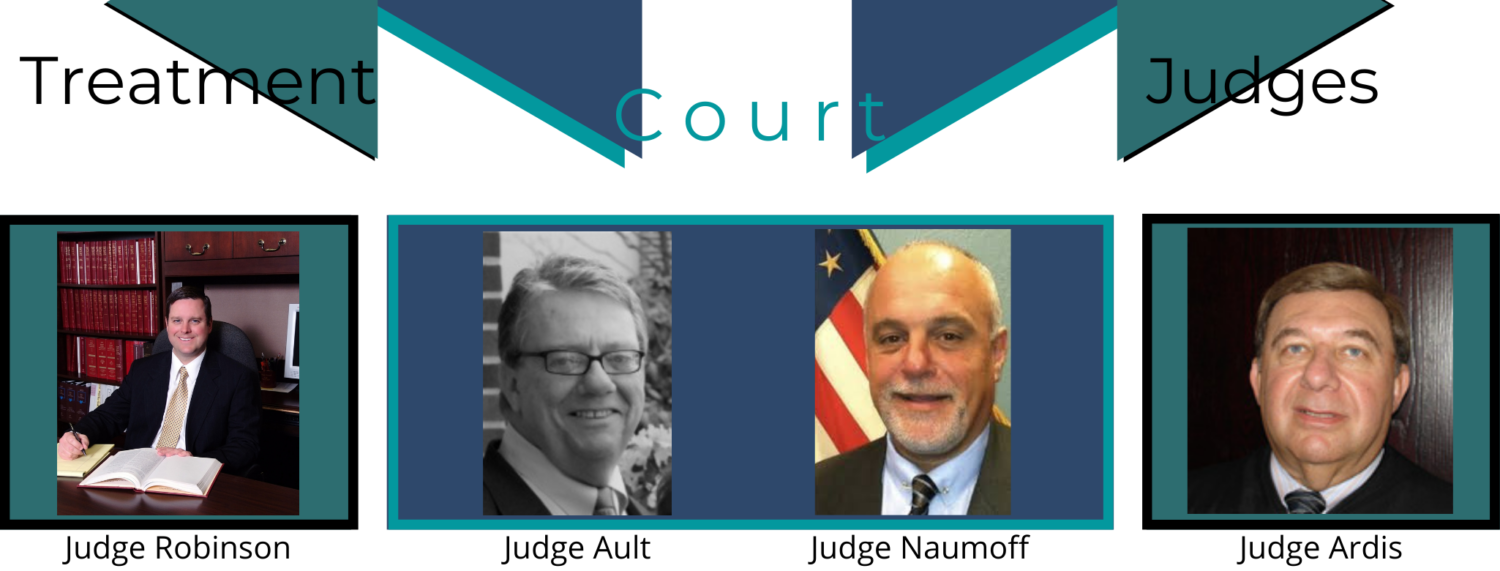
Richland County Court of Common Pleas: Felony Drug Court
Drug Court provides non-violent offenders whose criminal behavior arises from addiction with intensive supervision and proven substance abuse treatment programs to help them overcome their addiction. Drug Court protects the public, saves taxpayer dollars when compared to incarceration, and reduces recidivism rates. Drug court participants may enter the program as a diversion in lieu of conviction, while on probation after conviction, or as re-entry into the community following incarceration. The intervention program lasts a minimum of 18 months during which time participants receive intensive supervision from the Richland County Adult Probation Department and the Adult Parole Authority.
Interview with Judge Robinson:
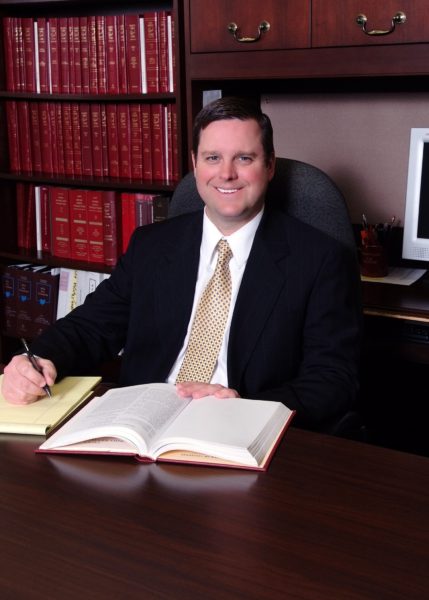 “Drug Court is important because it gives low level felony substance abuse offenders the opportunity to overcome their substance abuse issues to become employed, to learn how to maintain their sobriety and finally, how to become productive, happy and healthy citizens of this community. Another important benefit of Drug Court is if the offenders are able to successfully complete the Drug Court program and graduate, their criminal case will be dismissed and the arrest record is sealed. This leaves the graduate free of a felony record. Also, Drug Court graduates are much less likely to be arrested on new criminal charges then non-graduates. Finally, Drug Court is important because it reduces overdoses and saves lives.
“Drug Court is important because it gives low level felony substance abuse offenders the opportunity to overcome their substance abuse issues to become employed, to learn how to maintain their sobriety and finally, how to become productive, happy and healthy citizens of this community. Another important benefit of Drug Court is if the offenders are able to successfully complete the Drug Court program and graduate, their criminal case will be dismissed and the arrest record is sealed. This leaves the graduate free of a felony record. Also, Drug Court graduates are much less likely to be arrested on new criminal charges then non-graduates. Finally, Drug Court is important because it reduces overdoses and saves lives.Drug Court graduation is one of the most satisfying experiences I have ever had as a Judge. To see a person who once was down and out and struggling with life then, with hard work and dedication over time, they overcome those challenges to become a respectable, responsible and sober person is wonderful.
To see the graduate happy, healthy, and confident brings happiness to me. To hear the graduate express excitement about their future plans and goals is one of the most rewarding experiences I have ever been a part of.” – Judge Robinson
Interview with JJ Bittinger, Chief Probation Officer:
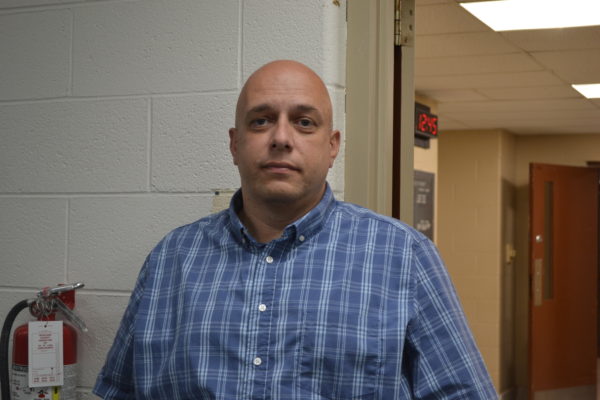 “I have been involved in the Criminal Justice field for over 26 years. During that time I have been involved in uniformed law enforcement, specialty teams on both a state and federal level and for the last 18 years, as a probation officer for the Richland County Court Services. I have found that during my time rising through the ranks in the probation department to my current position as Chief that this part of the criminal justice system allows you the closest, hands on, participation in the changing of someone’s life. I have been through the “lock ’em up” phases and now into the more hands-on “behavioral changes” phase of community corrections. A person has to have a passion for this type of work because it does not come easy. You watch an offender try to change their lives over and over, with no success because they have not totally invested into the changes that need to be made. And rather than give up on these individuals, you continue to work with them, hoping that someday the changes take hold and they truly turn their lives around. When this happens, that is the reward for all of your hard work and dedication to helping others.
“I have been involved in the Criminal Justice field for over 26 years. During that time I have been involved in uniformed law enforcement, specialty teams on both a state and federal level and for the last 18 years, as a probation officer for the Richland County Court Services. I have found that during my time rising through the ranks in the probation department to my current position as Chief that this part of the criminal justice system allows you the closest, hands on, participation in the changing of someone’s life. I have been through the “lock ’em up” phases and now into the more hands-on “behavioral changes” phase of community corrections. A person has to have a passion for this type of work because it does not come easy. You watch an offender try to change their lives over and over, with no success because they have not totally invested into the changes that need to be made. And rather than give up on these individuals, you continue to work with them, hoping that someday the changes take hold and they truly turn their lives around. When this happens, that is the reward for all of your hard work and dedication to helping others.
I feel that the treatment and recovery part of changing an offender’s outcome is one of the most important parts of their success. If they are going to change, they need the tools to do it. It needs to be swift. Just as punishment needs to be swift to be effective, so does treatment and recovery. Being able to partner with Catalyst and utilize all of the programs they offer, allows us (Richland County Court Services) to be able to get our offenders the help they need, quickly and efficiently, which will only help in their recovery and treatment. Not every offender has the same needs as the next and being able to rely on our community partners to provide the treatment at the levels needed, is a great resource and contributes to the overall success of the offender and our programs here at the court. Combining all of these resources helps us reach our common goal and that is to increase the safety and security of our community and the residents of Richland County.” – JJ Bittinger
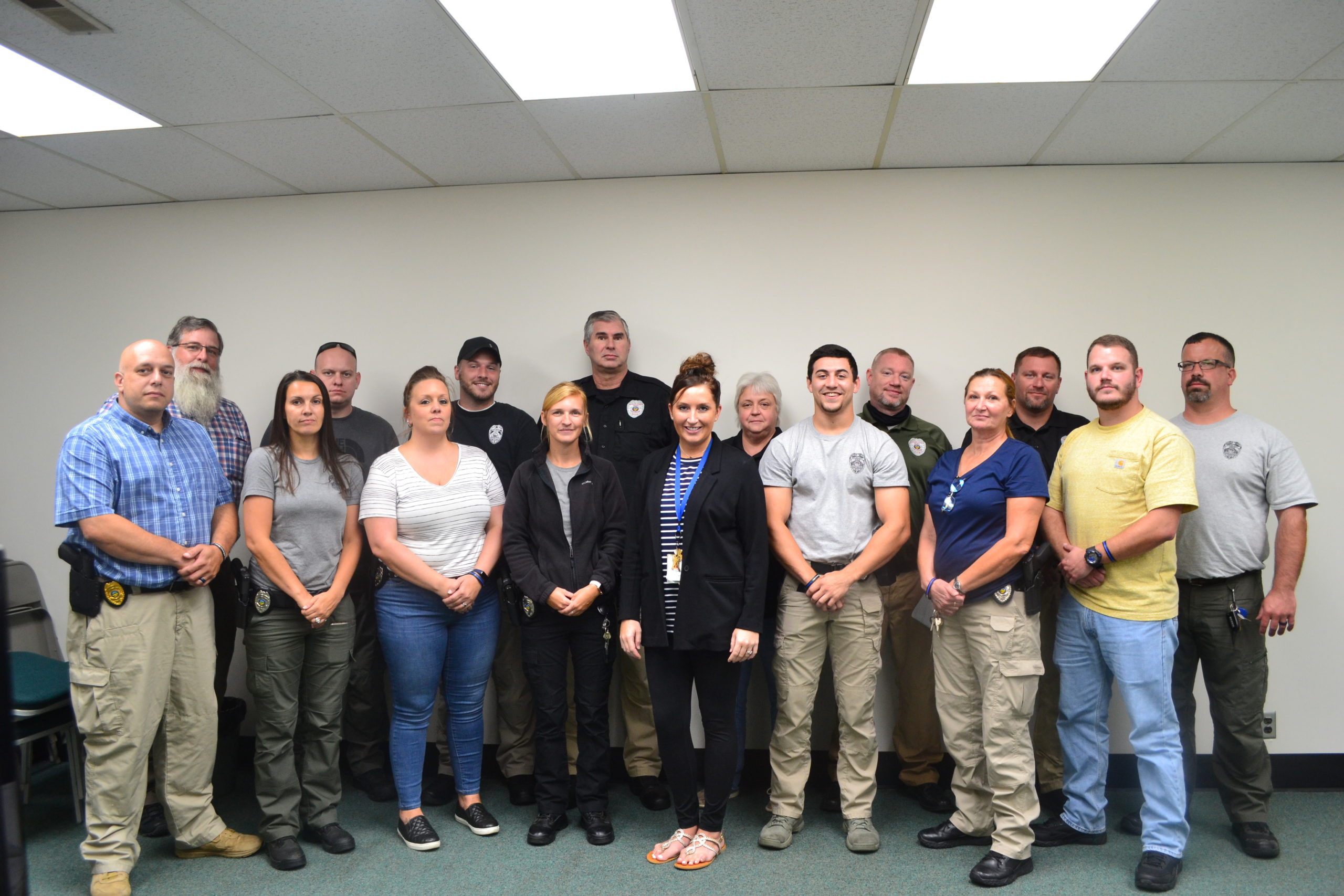
Mansfield Municipal Court – Misdemeanor Treatment Court
Treatment Court is a specialty court that helps decrease the cycle and chance of recidivism, promotes treatment, and reduces stigma in regards to substance use. Treatment Court is beneficial because it links individuals to needed treatment services instead of serving time in jail and can assist in promoting an individual out of the justice system and into a life of recovery. Participants currently meet twice a month with the Judge, have scheduled office visits with their probation officer, submit to random drug tests, and attend regular treatment sessions as recommended from their assessment.
Interview with Judge Ault
 “I feel treatment court is essential for a number of reasons. Communication between the court, probation officers, and the treatment providers keeps everyone up to date on the progress of the people in treatment court, so that non-compliance can be addressed swiftly if necessary. Studies have shown this process will have much better outcomes than incarceration alone. It’s getting to the root of the problem, which is more effective. Treatment court holds all to a very high standard and provides more structure over all, which is beneficial for accountability and success in changing behaviors. Treatment court reduces recidivism, which not only helps the individual, but our community as a whole.
“I feel treatment court is essential for a number of reasons. Communication between the court, probation officers, and the treatment providers keeps everyone up to date on the progress of the people in treatment court, so that non-compliance can be addressed swiftly if necessary. Studies have shown this process will have much better outcomes than incarceration alone. It’s getting to the root of the problem, which is more effective. Treatment court holds all to a very high standard and provides more structure over all, which is beneficial for accountability and success in changing behaviors. Treatment court reduces recidivism, which not only helps the individual, but our community as a whole.
I believe recovery is a journey that encompasses a person’s whole life. Recovery is to attain and continue to live a healthy lifestyle, both mentally and physically” – Judge Ault
Interview with Taylor Godfrey & Lindsey Barth, Probation Officers:
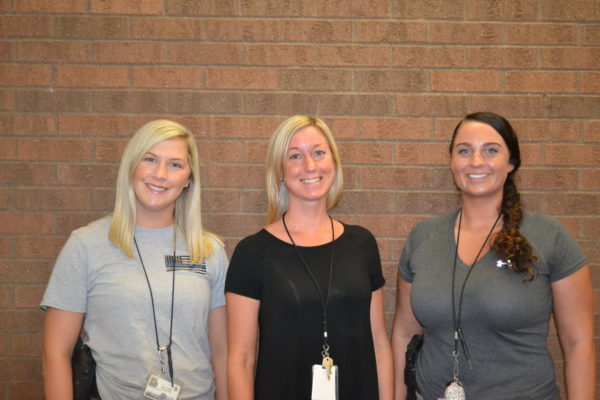 “We enjoy making a difference in the lives of those who are struggling with addiction while involved in the criminal justice system. It is a great feeling to see defendants who entered the system addicted, homeless, unemployed, and lost custody of their children transform into productive members of the community who have now obtained employment, obtained housing, are succeeding in their recovery, and regaining custody of their children.
“We enjoy making a difference in the lives of those who are struggling with addiction while involved in the criminal justice system. It is a great feeling to see defendants who entered the system addicted, homeless, unemployed, and lost custody of their children transform into productive members of the community who have now obtained employment, obtained housing, are succeeding in their recovery, and regaining custody of their children.
Drug Courts increase accountability for defendants. We focus on the treatment and rehabilitation needs of each defendant while ensuring public safety and reducing recidivism. We work closely with treatment providers to develop the best plan of action for each person. Treatment plans are individualized; what works for one person, may not work for another.
When a defendant graduates the program or even when they opt to sit their jail time, we encourage them to reach out for help if they are ever struggling. I have had many defendants reach out for help, which allowed us to connect them with services before they entered the criminal judges system again.” – Taylor Godfrey & Lindsey Barth
